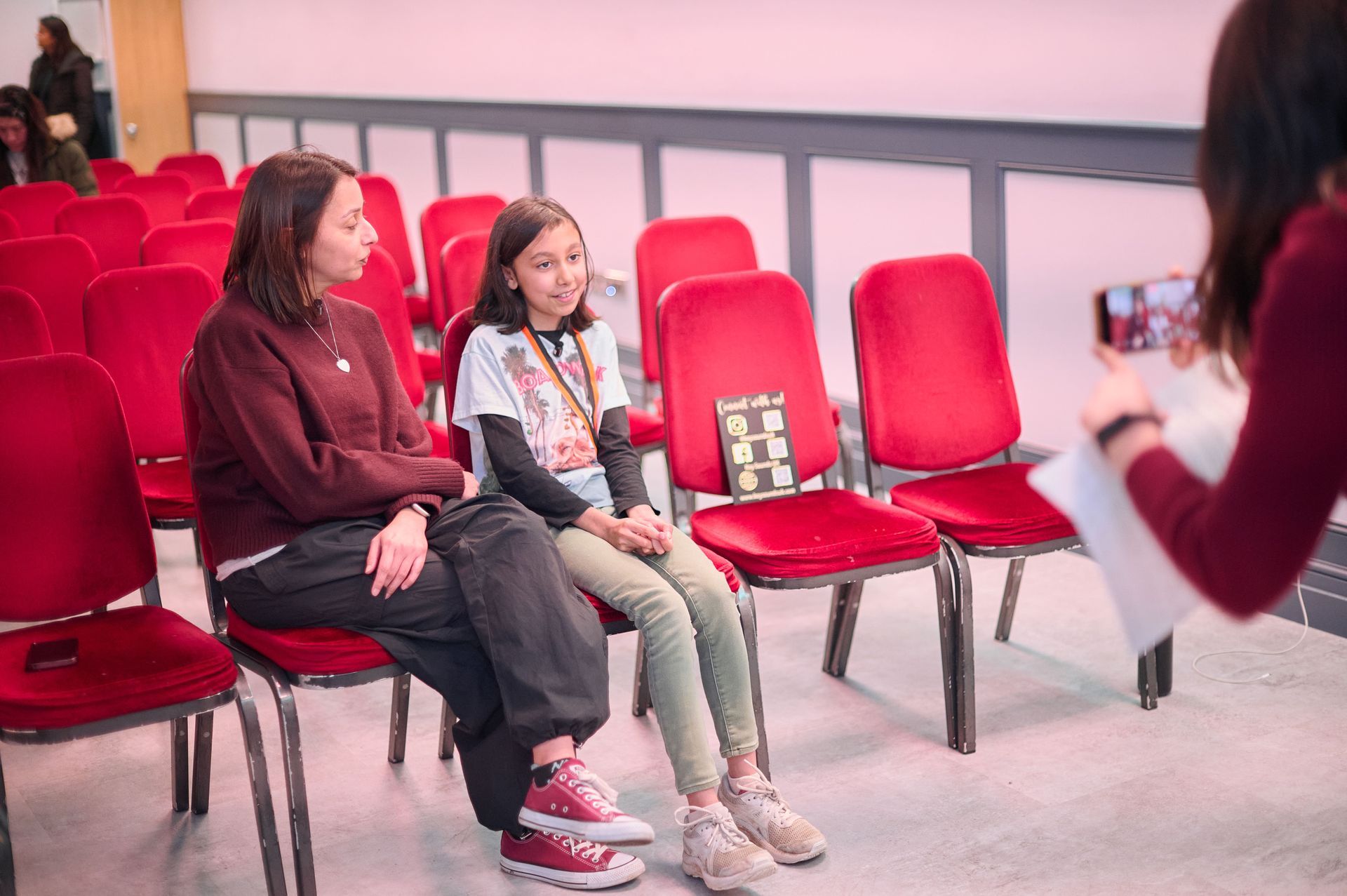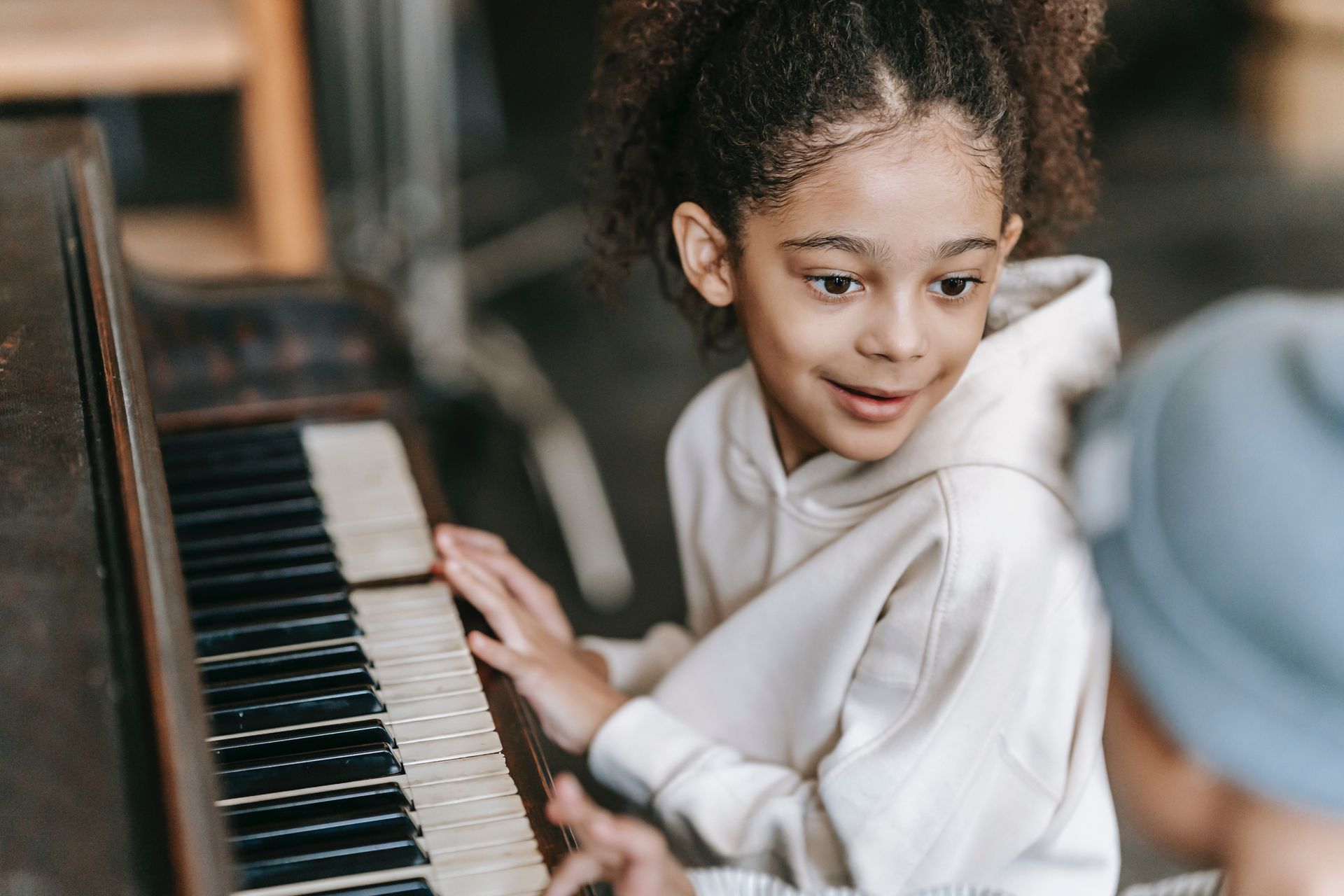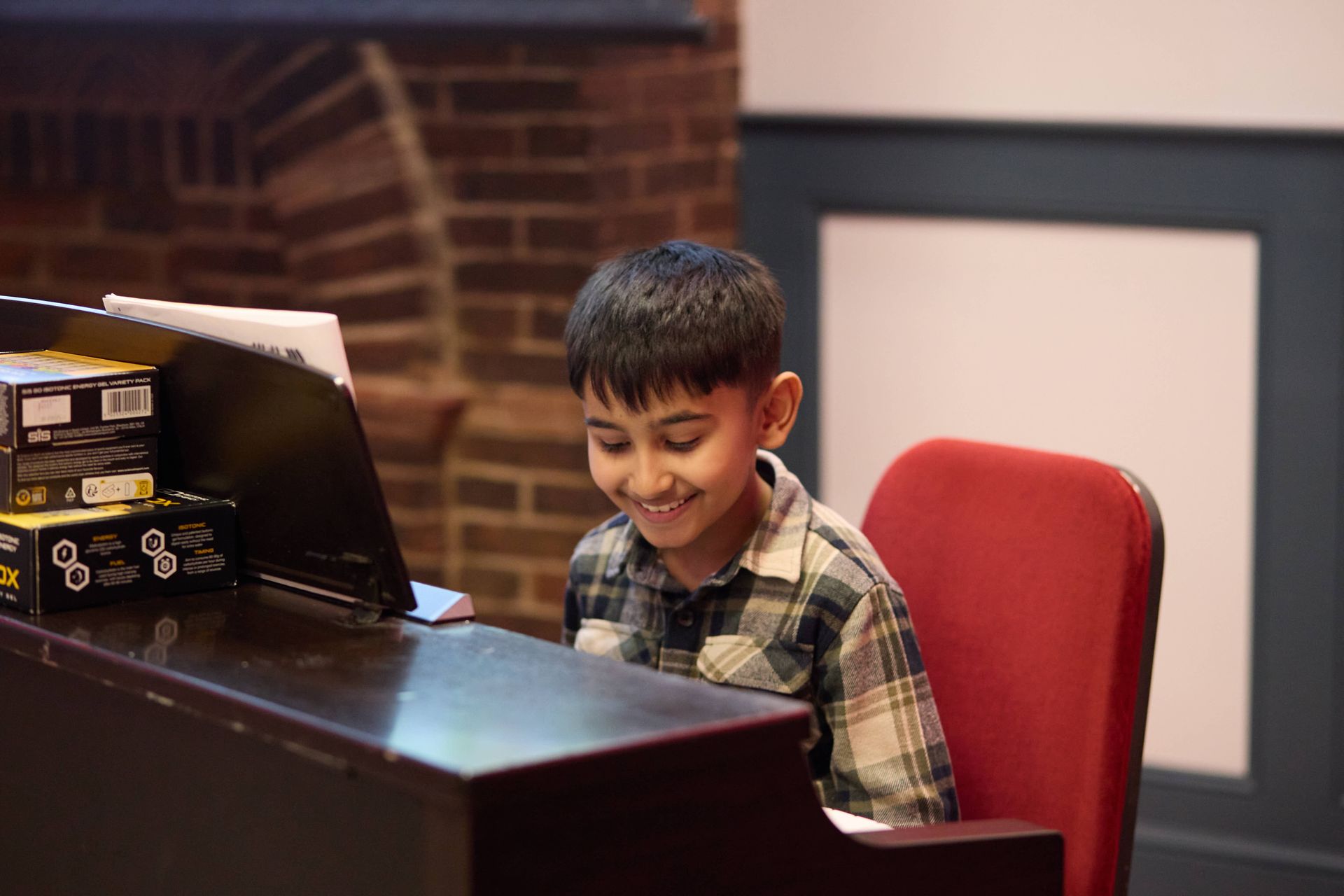How to Get Started with Your Piano Practice Routine
The hardest part about sitting down to practice is the initial part of sitting down. However, once you get started and see even the smallest bit of progress, you will feel more motivated to continue. Here are out top three ways to help you get started with your piano routine or to rebuild your routine up if you’ve fallen off-track:
1. Hook
Try to hook your piano practice time to an activity you do each day, such as brushing your teeth or eating dinner.
2. Visual Prompt
If possible, move your keyboard or piano into a space you will naturally see on a regular basis. Here are some examples: near the door, in the hallway, outside of your bedroom or near the kitchen. If this is not possible then try to do this with a piano or music book as a reminder instead. Visual cues are said to help us create a routine and allow us to remember to do an activity.
3. Set Reminders
If you regularly write down reminders such as on the fridge, in a diary or calendar then add ‘Play the Piano’ to this place too. After you begin to do this regularly you may not require the reminder in the future, but in the initial stages this is important as it’s not yet formed into your routine.
Remember that when you are trying out these hacks to look at them little and often but also be patient with yourself. If you wish to know more about these hacks and resources, feel free to take a look around our website or connect with us directly!



